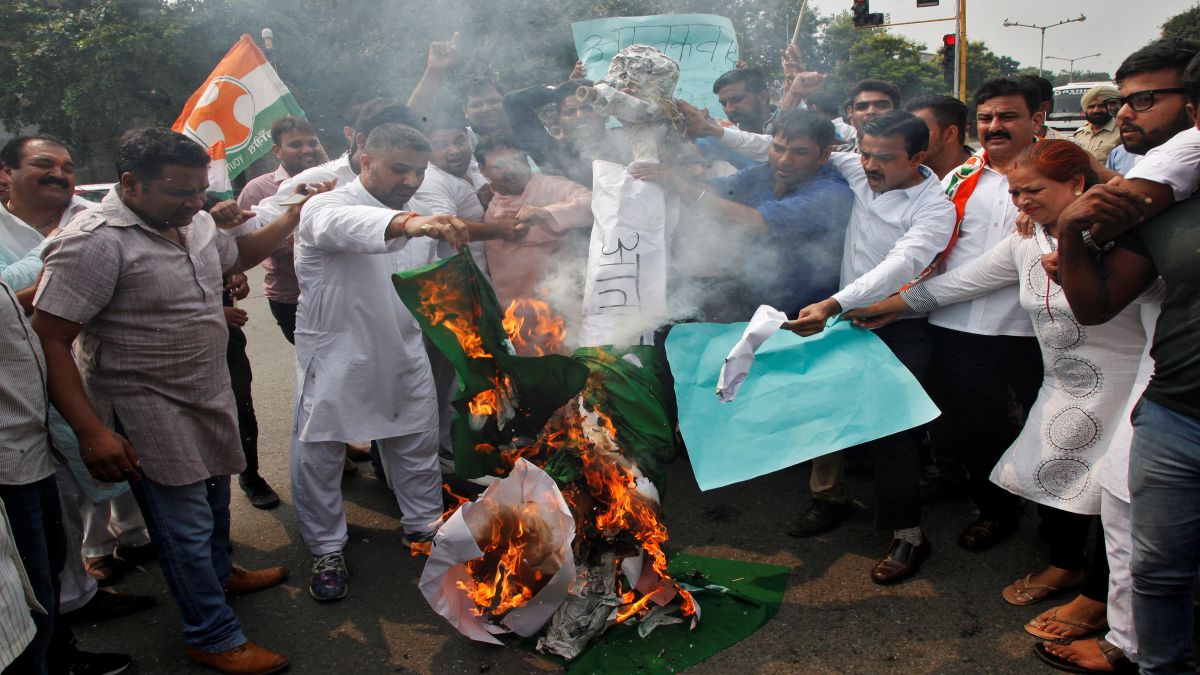Erik Selle, leader of the Christian Conservative Party in Norway, expressed concern over the persecution of religious minorities in Bangladesh, such as Hindus and Christians, and drew attention to the suffering of women in Pakistan, particularly in Balochistan
European Parliament members, senators and activists have expressed concerns about human rights violations in South Asian countries, specifically in Pakistan and Bangladesh, on the sidelines of the 60th session of the UN Human Rights Council in Geneva.
In a separate event on the day of the session, organised by International Support for Human Rights in collaboration with Italia Che Cambia, key figures like Anna Maria Cisint, Member of the European Parliament; Erik Selle, leader of the Christian Conservative Party in Norway; Fabia Cestelli of Italia Che Cambia, expressed their worry over the deteriorating conditions in Pakistan and Bangladesh.
Erik Selle, who spent part of his life in Bangladesh, said, “I grew up in Bangladesh, I love that country, but I am devastated and heartbroken by what has happened in the last year. There is also a geopolitical aspect in Bangladesh with the caretaker government now, but my plea to Mohammad Yunus is to get control of the country and protect it from extremists.”
“I worked in Bangladesh on projects aimed at empowering women in rural areas. When women’s rights are strengthened and opportunities are created for them to earn and contribute to the family, it lifts families out of poverty. We must stop extremism and work for the welfare of women,” Selle added.
He also expressed concern over the persecution of religious minorities in Bangladesh, such as Hindus and Christians, and drew attention to the suffering of women in Pakistan, particularly in Balochistan, criticising the United Nations for what he described as an inadequate response.
Anna Maria Cisint described the conditions for women and girls as “very difficult,” highlighting that many migrant women from Bangladesh and Pakistan living in Italy experience repression and are frequently compelled to wear the burqa against their will.
The event concluded with participants calling for the international community to push Pakistan and Bangladesh to ensure the protection of women, children, and minority communities.
End of Article

)

